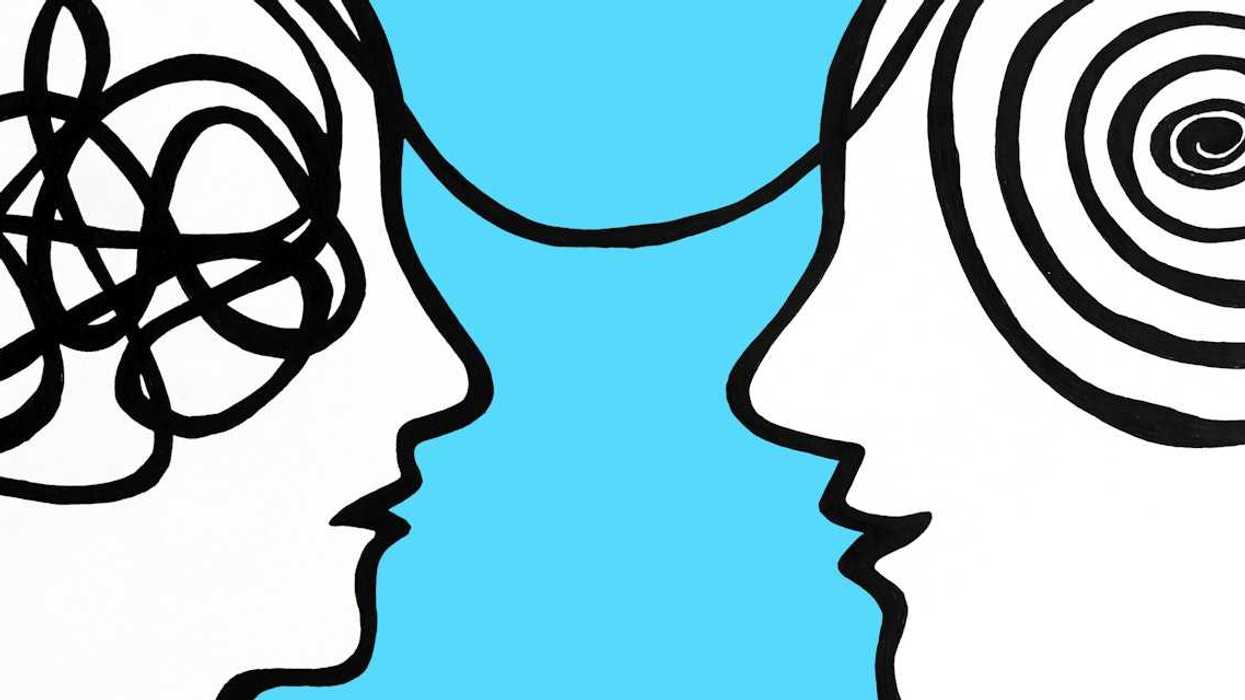In our fast-paced world, a small act of kindness can go a long way, brightening someone's day in unexpected ways. Kyle Jauregui and his family experienced such an act of kindness when they went to a grocery store to pick up a birthday cake for his younger sister, Madison. While collecting the cake, they received a heartwarming surprise as they discovered that it had already been paid for by a stranger, per ABC News.

Ashley Santi, the stranger who paid for the cake, did so in honor of her late daughter on what would have been her 10th birthday. In 2008, Scottsdale-based Ashley Santi faced an immense tragedy when her only child, McKenna, died at 9 months old from a traumatic brain injury after a television set fell on her in a freak accident.
After her daughter's death, Santi learned about The MISS Foundation's Kindness Project through a support group. The foundation encouraged her to carry out random acts of kindness in honor of her daughter. She started doing that but, on her daughter's birthday, Santi wanted to do something extra special. She said, "I thought: I'll pay for a birthday cake for someone else that day," per TODAY.com.

To honor her daughter, starting in 2010, Santi made it a tradition to anonymously pay for a birthday cake for a stranger on December 27, McKenna’s birthday. She goes to a grocery store or bakery and pays for a pre-ordered cake. The cake always comes with a card signed, "McKenna's mom."

While the recipient of the cake usually doesn't find out who paid for it, something different happened in 2017. Santi and her story were acknowledged, thanks to the power of social media. When Kyle found out that his little sister's birthday cake had already been paid for, he took to X to share this kind act. He posted a couple of pictures of his sister along with the birthday cake and the heartfelt note that accompanied it.
The note read, "Dear birthday girl family, in honor of my daughter’s 10th birthday I have chosen your birthday cake to pay for. Each year I do this random act of kindness because I am unable to buy my daughter a cake of her own. Today is her big double-digit birthday. Please enjoy your day."
Kyle shared that his family was "speechless" and thanked her. He also wished the late daughter a happy birthday, ending the post with, "There's still good in this world." The post has been liked 162,000 times and has been reshared 48,000 times as of now. X users have also expressed their gratitude for the kind gesture in the comments section.
That is incredible sweet.
— Jen Shea (@jze98) December 29, 2017
Kyle expressed how Madison was feeling blessed and said she felt she had a guardian angel with her on her birthday. “I think it was overwhelming for my sister,” he said. “She just felt a little bit of extra love and extra blessed that day and felt like she had a guardian angel looking over her."


















 Regular exercise and a balanced diet are cornerstones to aging well.
Regular exercise and a balanced diet are cornerstones to aging well.


 Oral Wegovy pills were approved by the Food and Drug Administration in December 2025 and became available for purchase in the U.S. in January 2026.
Oral Wegovy pills were approved by the Food and Drug Administration in December 2025 and became available for purchase in the U.S. in January 2026. Despite the effectiveness of GLP-1 drugs for weight loss, there is still no replacement for healthy lifestyle patterns, including regular exercise.
Despite the effectiveness of GLP-1 drugs for weight loss, there is still no replacement for healthy lifestyle patterns, including regular exercise.


 What foods would you pick without diet culture telling you what to do?
What foods would you pick without diet culture telling you what to do?  Flexibility can help you adapt to – and enjoy – different food situations.
Flexibility can help you adapt to – and enjoy – different food situations.
 Anxious young woman in the rain.Photo credit
Anxious young woman in the rain.Photo credit  Woman takes notes.Photo credit
Woman takes notes.Photo credit